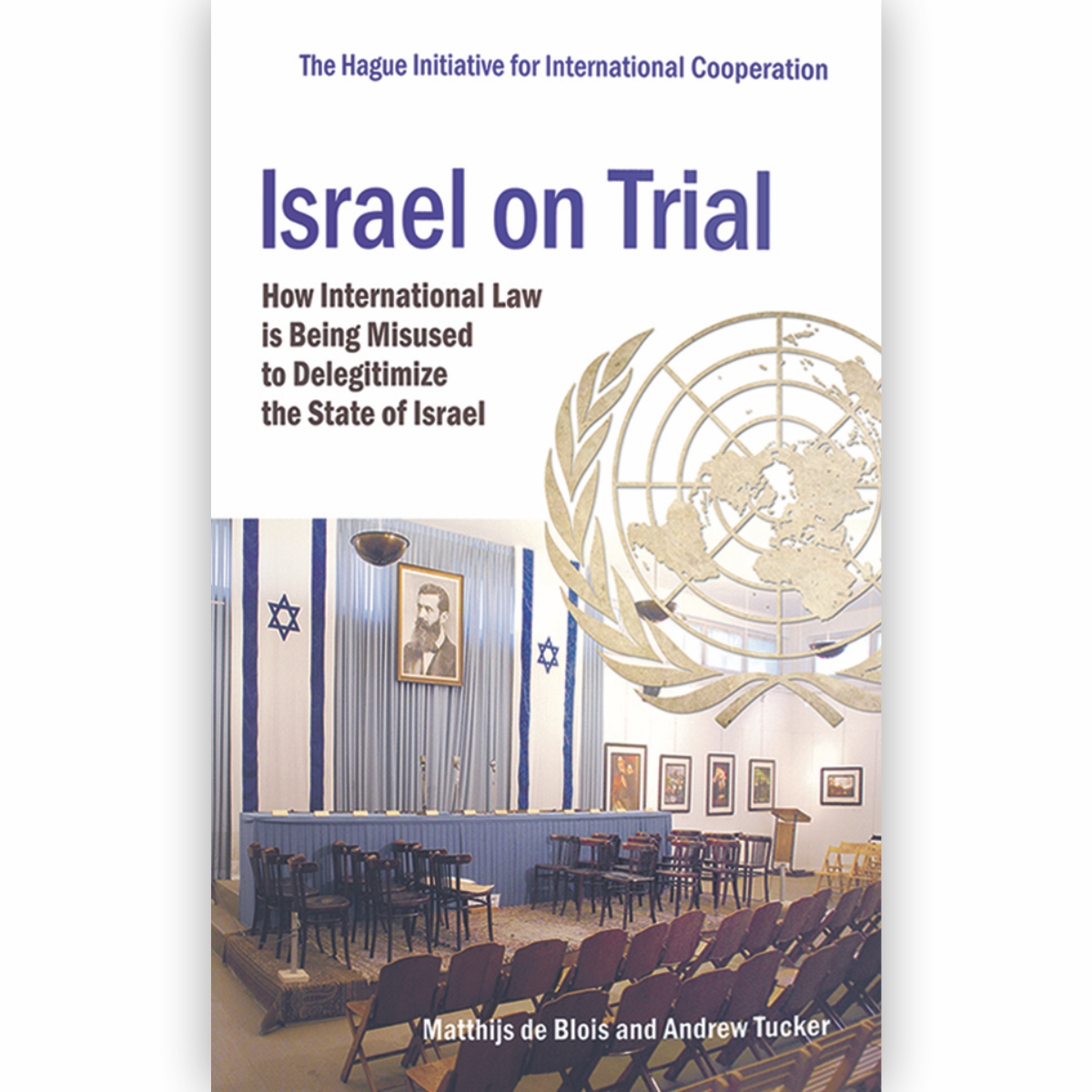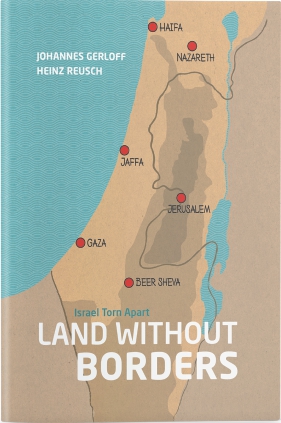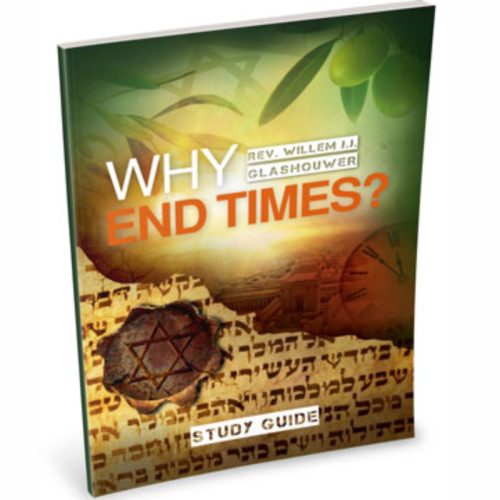Product description
HOW INTERNATIONAL LAW IS BEING USED TO DELEGITIMISE THE STATE OF ISRAEL
In 2018, the State of Israel turned 70, but it has never been fully accepted as a member of the international community. Notwithstanding peace agreements with Egypt and Jordan, the conflict between Israel and some of its neighbours in the region is looming. And peace between Israel and the Palestinians seems as far away as ever. Why?
Since the 1970s, the idea has developed that international law requires resolution of the Arab/Israeli conflict by creating a State of Palestine with East Jerusalem as its capital and borders based on the ‘1967 lines’ – the so-called ‘two-state solution’. Israeli ‘settlements’ are regarded by many as illegal and an impediment to this solution.
This book reviews international law regarding self-determination, statehood, territorial sovereignty, human rights and the right to self-defence. It argues that the two-state solution, as defined by the UN, is not required by international law.
The authors examine how international law has been used and misused over the last century with regard to the Arab/Israeli conflict. They argue that the historical context of the creation of the state of Israel, especially the Mandate for Palestine, is too often ignored.
The Arab states, the Palestinian leadership and the European Union have all played a role in enabling the UN to become a platform for ‘lawfare’ against Israel. Policies and resolutions that use the language of international law but, in fact, undermine the existence of the Jewish State and have a disputable basis in international law.
The authors argue that it is time to revisit the prevailing legal paradigm to resolve the conflict. This book aims to provide a legal framework for the exploration of alternative policy solutions that balance the rights of the Jewish state of Israel to territorial integrity, security and political independence with the rights of Palestinian Arabs to political autonomy and economic and social advancement.
Dr Matthijs de Blois is an Emeritus Assistant Professor at Utrecht University’s Institute of Legal Theory of the Law Faculty, where his academic focus was the philosophical and historical aspects of the law, specifically the relationship between law and religion. He is currently a Senior Fellow at the Hague Initiative for International Cooperation (thinc.).
Andrew Tucker is an international lawyer who has studied and worked in Australia, the UK and the Netherlands. He is currently the Director of The Hague Initiative for International Cooperation (thinc.), Legal Counsel to the European Coalition for Israel, and International Advisor at Christians for Israel International.
Product Type: Book







Reviews
There are no reviews yet.